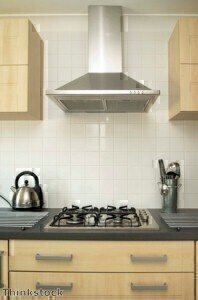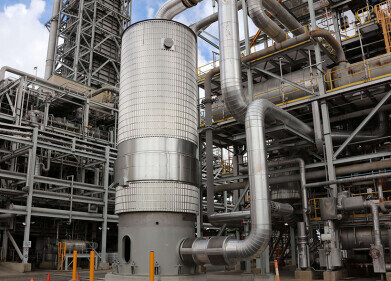Air Clean Up
Indoor air pollution 'up to three times more noxious' than on the streets
Jun 07 2012
Indoor air pollution could be up to three times more noxious than on the streets, according to new research, which found that air fresheners and strong cleaning products were affecting the state of indoor air quality in Britain.
Researchers at Sheffield University looked at three homes in their study, which is one of the first to concentrate on indoor air quality in the UK. They tested everyday indoor emissions that may have been largely overlooked in households, particularly in the kitchen.
Using two flats which were fitted with gas cookers and a stone-built detached house with an electric cooker, they monitored air quality samples from outside and inside the homes over a four-week period. The detached house was located in a rural area, and there were only low traces of highly-toxic carbon monoxide found in the kitchen. However, levels were much higher in the flats once the gas ovens were turned on.
Gas cookers were found to significantly contribute to nitrogen dioxide in the home, with concentrations in the city centre flat's kitchen three times higher than those recorded outside the property. They were also significantly higher than the limits recommended in the UK Indoor Air Quality Guidance.
The researchers primarily focused on pollutants which are likely to pose a risk to the elderly with respiratory or cardiovascular problems, including volatile organic compounds and solid particles small enough to penetrate into the lungs. They found that average levels of the homes with gas cookers were well above the levels set by the government as its objective for outdoor air quality in both London and England.
Professor Vida Sharifi, who led the research, which was published in the Journal of Indoor and Built Environment, said: "We spend 90 per cent of our time indoors and work hard to make our homes warm, secure and comfortable, but we rarely think about the pollution we might be breathing in.
"Energy is just one source of indoor pollution, but it is a significant one. And as we make our homes more airtight to reduce heating costs, we are likely to be exposed to higher levels of indoor pollution, with potential impacts on our health."
Posted by Lauren Steadman
Events
IWA World Water Congress & Exhibition
Aug 11 2024 Toronto, Canada
Aug 25 2024 Stockholm, Sweden and online
Sep 03 2024 Mexico City, Mexico
Sep 03 2024 Mexico City, Mexico
Sep 03 2024 San Diego, CA, USA














